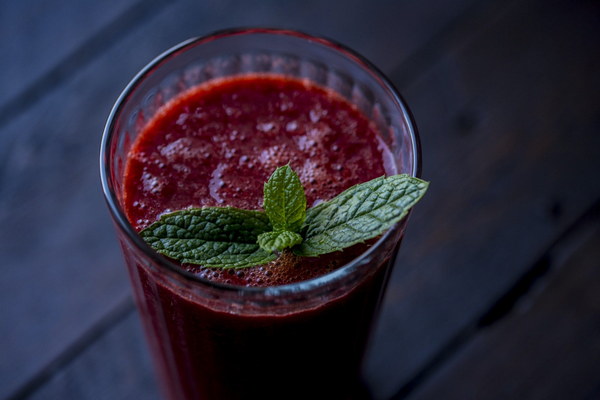The Decline of HealthBoosting Teas Why Are They No Longer Selling
In recent years, the market for health-boosting teas has seen a significant downturn, leading many to question why these once-popular products are no longer selling. As the demand for traditional remedies diminishes, we delve into the reasons behind this decline and explore the potential implications for the tea industry.
Firstly, it's important to acknowledge the rise of health-boosting teas in the market. These teas, often packed with antioxidants, vitamins, and minerals, were believed to offer a natural and convenient way to improve overall health and wellness. From green tea to ginger tea, there was a seemingly endless array of options that promised to boost the immune system, aid digestion, and even promote weight loss.

However, several factors have contributed to the decline in sales of these health-boosting teas. One of the primary reasons is the growing awareness of the potential risks associated with consuming certain herbal ingredients. As people become more educated about the benefits and drawbacks of herbal remedies, they are increasingly cautious about the long-term effects of these products.
For example, ginger tea, which was once a favorite for its ability to soothe an upset stomach, has faced scrutiny due to concerns about its blood-thinning properties. Similarly, green tea, renowned for its high antioxidant content, has been linked to a higher risk of miscarriage when consumed in excessive amounts. As a result, consumers are becoming more selective about the products they choose to incorporate into their daily routines.
Another contributing factor is the emergence of alternative health products that offer similar benefits without the risks associated with herbal ingredients. Many people have turned to vitamins, supplements, and even functional foods to fulfill their health needs, leading to a decline in the demand for health-boosting teas.
Moreover, the rise of social media and online reviews has played a significant role in the decline of health-boosting teas. Consumers are now more likely to rely on the experiences of others when making purchasing decisions, and negative reviews can be enough to deter potential buyers. As a result, the reputation of health-boosting teas has been tarnished by a few negative experiences, leading to a decline in sales.
In addition, the tea industry has faced increased competition from other beverage categories. The popularity of energy drinks, sports beverages, and even coffee has made it more challenging for health-boosting teas to maintain their market share. As consumers seek out products that cater to their specific needs, they may prefer a more targeted approach, leading to a shift away from the one-size-fits-all approach of health-boosting teas.
Despite the current decline in sales, there may still be hope for the health-boosting tea market. To regain consumer trust and stimulate demand, tea manufacturers must focus on several key areas. Firstly, they should invest in research and development to create products with proven health benefits, while minimizing potential risks. This could involve using standardized ingredients and ensuring that products are free from contaminants.
Secondly, tea companies should prioritize transparency and clear labeling. By providing detailed information about the ingredients and their potential effects, consumers can make informed decisions about their health. This will help to rebuild trust and encourage repeat purchases.
Lastly, the tea industry should explore new marketing strategies that highlight the unique benefits of health-boosting teas. This could involve partnering with health professionals, creating engaging content, and participating in wellness events. By promoting the value of these products, tea manufacturers can help to revitalize the market and attract a new generation of consumers.
In conclusion, the decline of health-boosting teas in the market can be attributed to a combination of factors, including increased awareness of potential risks, the rise of alternative health products, and competition from other beverage categories. However, by focusing on research, transparency, and marketing, the tea industry can overcome these challenges and revitalize the health-boosting tea market for the future.









